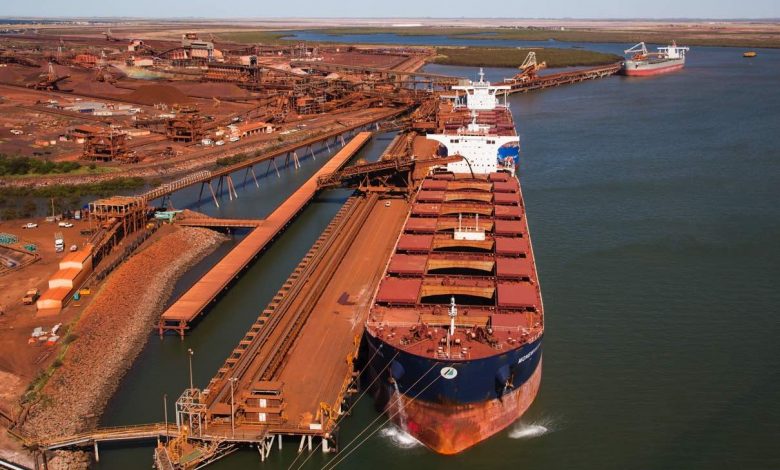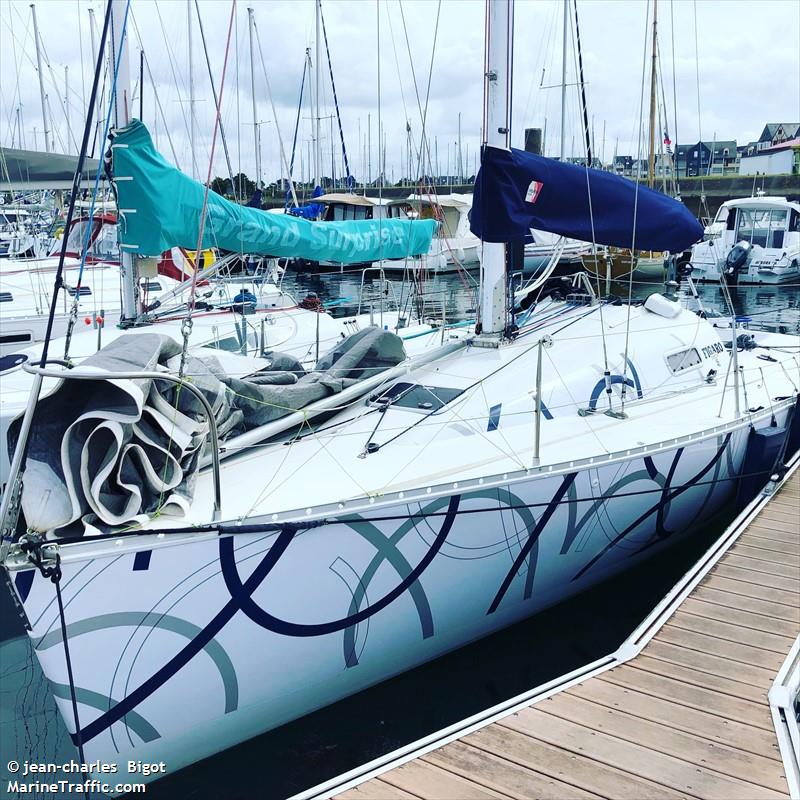Authorities clamp down on ships where seafarer contracts have expired

Authorities around the world are now taking action against ships where seafarers have been working beyond their contracts, without necessarily fixing the key issue of flights for crew repatriation.
On Friday the Berge Heng Shan was detained at Port Hedland by the Australian Maritime Safety Authority (AMSA) and told to fix three crewing-related deficiencies before it could depart. Two seafarers onboard the Berge Bulk ship were found to not have a valid seafarer’s employment agreement, another two have not been repatriated as per their employment agreement, while the ship had no repatriation plan for crew who had been working for longer than 11 months onboard.
The shipowner was able to resolve the issue and the UK-flagged newcastlemax departed for Qingdao the next day.
The situation whereby an owner is in trouble with no local or global solution to hand has attracted criticism.
“It is practically impossible to do crew changes in Australia but their AMSA insists on employers effecting them. And the ship is going to China where, unless you are Chinese, it is also impossible to do crew change. A true example of the employers being stuck between a rock and a hard place,” Francesco Gargiulo, CEO of the International Maritime Employers’ Council (IMEC), told Splash today.
In the UK, meanwhile, five cruiseships belonging to Global Cruise Lines were detained on Friday by British authorities over concerns for crew welfare.
“Surveyors found a number of expired and invalid Seafarers Employment Agreements, late payments of wages and crews who had been on board for over 12 months,” the Maritime and Coastguard Agency (MCA) said in a statement.
Splash has been reporting the worrying rise in cases of self-harm among the thousands of seafarers stuck at sea for months longer than their original contracts. On Friday morning in Vancouver a 19-year-old Chinese messman jumped off the bow of his ship at anchorage. He is presumed drowned.
Yesterday, IMEC’s Gargiulo and Jacqueline Smith, the maritime coordinator at the International Transport Workers’ Federation (ITF) issued a joint statement in which they wrote: “Our main concern is that failing too relieve fatigued, stressed and desperate crew, is only inviting accidents or major incidents which will damage the shipping industry and the reputation of those same seafarers”.

 was detained at Port Hedland by the Australian Maritime Safety Authority (AMSA) and told to fix three crewing-related deficiencies before it could depart. Two seafarers onboard the Berge Bulk ship were found to not have a valid seafarer’s employment agreement, another two have not been repatriated as per their employment agreement, while the ship had no repatriation plan for crew who had been working for longer than 11 months onboard.
was detained at Port Hedland by the Australian Maritime Safety Authority (AMSA) and told to fix three crewing-related deficiencies before it could depart. Two seafarers onboard the Berge Bulk ship were found to not have a valid seafarer’s employment agreement, another two have not been repatriated as per their employment agreement, while the ship had no repatriation plan for crew who had been working for longer than 11 months onboard.
An evident lack of principles is seen when well-being of sailors (“key workers”) is defended with economic or safety arguments only. Merchant marine faces the most miserable time in its entire histor; employers and unions are viewed with increasing distrust as never before. Shouldn’t managers start by apologizing?
Apology dont bring your home.Agree however something have to be done for mariners overdue contracts.
Managers should start by saying sorry? What does this mean? Managers have been saying sorry, asking for solutions, working to the bone, scratching around for any light at the end of this tunnel for months now. If you or anyone give a damn about the sailors, contact your politicians and demand a solution. The managers and owners are at the forefront of trying to salvage a solution to this crisis.
Managers can’t make planes fly or ports open or countries use common sense. Managers can only try and be innovative in trying to get people exchanged on the ships. But dumb ass countries do their best to make crew changes a nigh impossible task.
That’s right blame countries,, managers and bosses wouldn’t be the problem
Im curious to know how the deficiencies were rectified in one day when it has been apparently impossible to repatriate crew.
How did this vessel sail?
Craig, your question is the most valid one. I imagine in quite a few situations, effecting crew changes has been difficult but not impossible. I.e. multiple flights to get the crew member home. I as an owner have been in this situation recently. It can then come down to cost. But detain the ship, hey presto, the managers / owners have no option but to look harder for flights etc no matter the cost.
Yes, I know this problem from first hand experience,, there are limited travel options but the big stumbling block is the national governments, they are generally not permitting transits in any shape or form. There is no reason why transits cannot be carried out in controlled conditions,, the governments just have to want to allow it. I think most seafarers know they will need isolate at home, and should not have do it 3 or more times getting there. At least they would be going in the right direction and not be stuck in no mans land. It’s too easy just to shut the door on the poor old seafarer who is trapped at sea in a low morale environment and still expected to perform at top level. Well after a certain time on board it doesn’t matter how good you are or how much you think you can ‘roll with it’ the fact of the matter is that the job performance deteriorates and this is when things go wrong or accidents happen. Crew changes need to happen.
One set of bureaucrats putting pressure on another. I hope no one gets hurt in the middle.
Amazing how the world came to a standstill over alarmist government tactics coupled with faulty health statistics and the very people who have kept us provided with material goods can’t be relieved of duty. Maybe some politicians should start offering private charters free of charge to these folks; instead of taking lavish vacations while the world languishes in the wake a vapid stupidity amongst our “oh so noble leaders.”
I agree with Frank.
We were recently told by an Agent (a very good, “big name” Agent) at an Australian port that a crew member who was to be repatriated on medical grounds would have to spend 14 days in quarantine, then fly to NSW, spend another 14 days in quarantine, then fly out. It was quicker to keep him on board since luckily the next port were more (insert word here)…
Are you absolutely positive ALL of these people with expired contracts really want to go “home”? Take Philippines; no travel allowed between Manila and provincies, even not within same province. So, the seafaters may arrive to Manila, but even after the quarantine has ended, they have to stay there. Bye, bye, sweet home… Some of my crew, who had the luck of being repatrated in early March, still stay in Manila. Besides, how do you want to bring the relievers, if they can’t even travel to the crewmanagers, let alone abroad? My guys are definitely not happy to stay on board for 11, or 12 months, but given the choice between earning money here (contract extension bonus included + extra internet time + extra slopchest on owners’ expense), and loosing them somewhere in Metro Manila, they obviously prefer the former. At least until the intra-islands communication is finally restored.
Mayami, one thing for sure is there are many seafarers out there who wants to go home. You yourself cite an example that your guys aren’t happy and definitely wants to go home but given the current restrictions, it is better onboard. Now, the question is when will governments finally give the seafarers a way out; to move unrestricted to their place of work and back.
Please understand that it is not easy onboard, not only the seafarers have to deal with day to day work, they still have to deal with uncertainties back home as well as not knowing when will they be able to go home.
AMSA &THE REST OF ALL PSC SURVEYOR SHOULD BE DISBANDED. THEY ARE THE MOST IDIOTRATIC PEOPLE .SUCKING IN THE NAME OF SAFETY